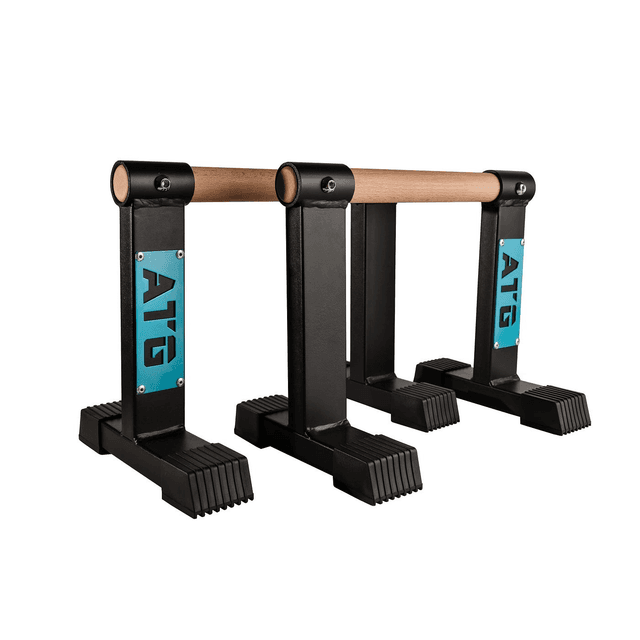Comprehensive ATG Equipment List: Essential Tools For Your Success
In today's rapidly evolving technological landscape, understanding ATG equipment list is crucial for anyone involved in aviation fueling operations. Whether you're a professional in the industry or a newcomer seeking knowledge, this guide will provide you with all the necessary information to make informed decisions. From essential equipment to advanced tools, we'll delve into everything you need to know about ATG systems.
Aviation fueling systems play a pivotal role in ensuring the smooth operation of airports worldwide. ATG (Aboveground Tank Gauging) equipment is at the heart of these operations, ensuring safety, efficiency, and compliance with industry standards. This article will explore the various components of ATG systems and their significance in modern aviation.
By the end of this guide, you'll have a thorough understanding of the ATG equipment list, its applications, and how it contributes to the overall efficiency of aviation fuel management. Let's dive in and explore the world of ATG systems!
Read also:Ericka Andersch A Rising Star In The Entertainment Industry
Contents:
- Introduction to ATG Equipment
- History of ATG Systems
- Types of ATG Equipment
- Key Components of ATG Systems
- Benefits of Using ATG Equipment
- Selection Process for ATG Equipment
- Maintenance and Calibration of ATG Systems
- Regulations and Compliance
- Future Trends in ATG Technology
- Conclusion
Introduction to ATG Equipment
ATG equipment refers to the various tools and systems used to monitor and manage aboveground fuel storage tanks. These systems are critical for ensuring accurate fuel measurement, preventing spills, and maintaining safety standards in aviation fueling operations.
Why ATG Systems Are Important
The importance of ATG systems cannot be overstated. They provide real-time data on fuel levels, temperature, and pressure, enabling operators to make informed decisions. According to a study by the International Air Transport Association (IATA), ATG systems have significantly reduced fuel-related incidents in airports worldwide.
Applications of ATG Equipment
ATG equipment is widely used in various industries, including:
- Aerospace
- Petroleum
- Marine
- Industrial
History of ATG Systems
The development of ATG systems dates back to the early 20th century when aviation fueling operations began to expand. Initially, manual methods were used to measure fuel levels, but as technology advanced, automated systems were introduced to improve accuracy and efficiency.
Evolution of ATG Technology
Over the years, ATG technology has undergone significant advancements. From simple dipstick measurements to sophisticated digital systems, the evolution of ATG equipment reflects the industry's commitment to innovation and safety.
Read also:Cute Animal Crossing Town Names Inspiration For Your Dream Island
Types of ATG Equipment
There are several types of ATG equipment, each designed for specific applications. Below are some of the most common types:
1. Level Gauges
Level gauges are used to measure the fuel level in storage tanks. They provide accurate readings and are essential for inventory management.
2. Temperature Sensors
Temperature sensors monitor the temperature of stored fuel, ensuring it remains within safe operating limits.
3. Pressure Gauges
Pressure gauges measure the pressure inside fuel tanks, helping to prevent over-pressurization and potential leaks.
Key Components of ATG Systems
An ATG system consists of several key components that work together to ensure accurate and reliable fuel management. These components include:
- Data Acquisition Units
- Communications Modules
- Alarm Systems
- Control Panels
Benefits of Using ATG Equipment
Implementing ATG equipment offers numerous benefits, including:
Improved Accuracy
ATG systems provide precise measurements, reducing the risk of errors in fuel management.
Enhanced Safety
By continuously monitoring fuel levels, temperature, and pressure, ATG equipment helps prevent accidents and spills.
Cost Efficiency
Accurate fuel management leads to better inventory control, minimizing waste and reducing costs.
Selection Process for ATG Equipment
Choosing the right ATG equipment requires careful consideration of several factors, including:
Application Requirements
Identify the specific needs of your operation, such as the size of storage tanks and the type of fuel being stored.
Compatibility
Ensure the selected equipment is compatible with existing systems and meets industry standards.
Budget Constraints
Consider the cost of acquisition, installation, and maintenance when selecting ATG equipment.
Maintenance and Calibration of ATG Systems
Regular maintenance and calibration are essential for ensuring the accuracy and reliability of ATG systems. Below are some best practices for maintaining ATG equipment:
Regular Inspections
Conduct routine inspections to identify potential issues before they become major problems.
Calibration Schedules
Follow manufacturer recommendations for calibration schedules to ensure accurate readings.
Training
Provide adequate training for personnel responsible for maintaining ATG systems.
Regulations and Compliance
ATG systems must comply with various regulations and standards to ensure safety and efficiency. Key regulatory bodies include:
- Environmental Protection Agency (EPA)
- Occupational Safety and Health Administration (OSHA)
- International Civil Aviation Organization (ICAO)
Future Trends in ATG Technology
The future of ATG technology looks promising, with advancements in digitalization and automation. Some emerging trends include:
IoT Integration
Integrating ATG systems with the Internet of Things (IoT) enables real-time monitoring and remote access to data.
Artificial Intelligence
AI-powered ATG systems can predict potential issues and optimize fuel management processes.
Sustainability
With increasing focus on sustainability, ATG systems are being designed to reduce environmental impact and improve energy efficiency.
Conclusion
In conclusion, understanding the ATG equipment list is vital for anyone involved in aviation fueling operations. From level gauges to temperature sensors, each component plays a crucial role in ensuring safety, efficiency, and compliance. By selecting the right equipment, maintaining it properly, and staying informed about future trends, you can maximize the benefits of ATG systems.
We encourage you to share your thoughts and experiences in the comments section below. Additionally, feel free to explore other articles on our site for more insights into aviation and fuel management. Together, let's continue to advance the industry and ensure a safer, more sustainable future!


